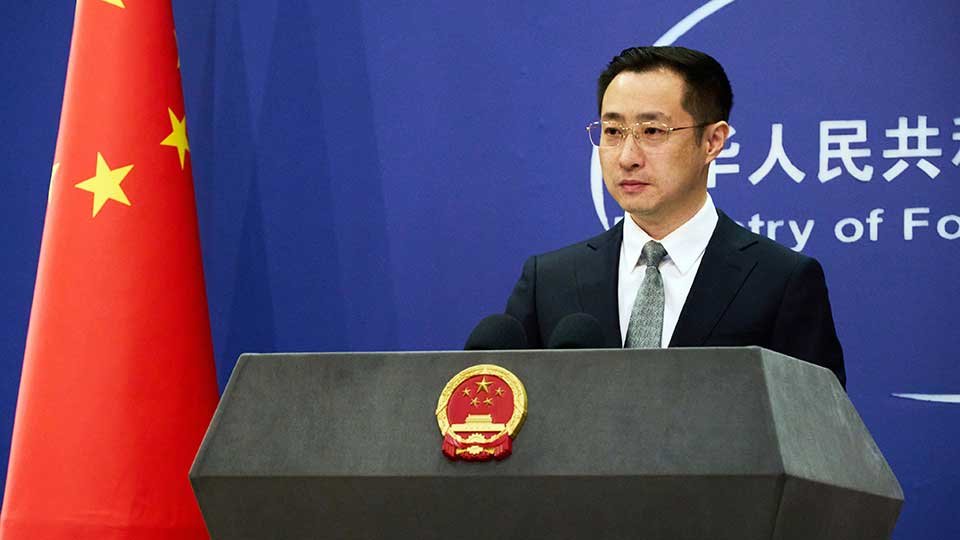China has firmly opposed recent efforts to invoke the UN Security Council’s “snapback” mechanism to reimpose sanctions on Iran, dismissing them as legally unfounded and politically motivated. A spokesperson for China’s Permanent Mission to the UN denounced the U.S. demand to restart the snapback process as a “political show” that lacks legal legitimacy and international support. The statement reaffirmed China’s commitment to multilateralism, respect for the JCPOA framework, and a diplomatic resolution to the Iranian nuclear issue.
This rebuke comes amidst mounting pressure from European powers —France, Germany, and the United Kingdom (the E3), who have formally notified the UN of their readiness to trigger the snapback mechanism unless Iran resumes meaningful nuclear talks by the end of August. Their warning follows Iran’s stalled compliance and a broader regional security backlash after escalating enrichment activities.
China’s objections were echoed by Iran itself and its closest allies. Iranian Foreign Minister Abbas Araghchi confirmed that Tehran is coordinating with China and Russia to block any snapback initiation, while questioning the legal standing of European nations to invoke the mechanism under UN Resolution 2231. Araghchi emphasized that his government has “tools to respond” and remains prepared if snapback is activated.
The core of the legal debate centers on whether the E3 retains the right to activate snapback if Iran remains technically part of JCPOA, given that the United States, the original initiator of the mechanism has withdrawn from the agreement. China insists that the E3’s demand violates the very terms of the JCPOA, effectively voiding their authority to forestall sanctions reactivation.
From Iran’s perspective, invoking snapback would further derail diplomacy and likely heighten tensions. Iranian lawmakers have signaled that such a move could prompt a withdrawal from the Nuclear Non-Proliferation Treaty (NPT), while senior officials warn that reimposed sanctions will only deepen mistrust and complicate the nuclear impasse.





